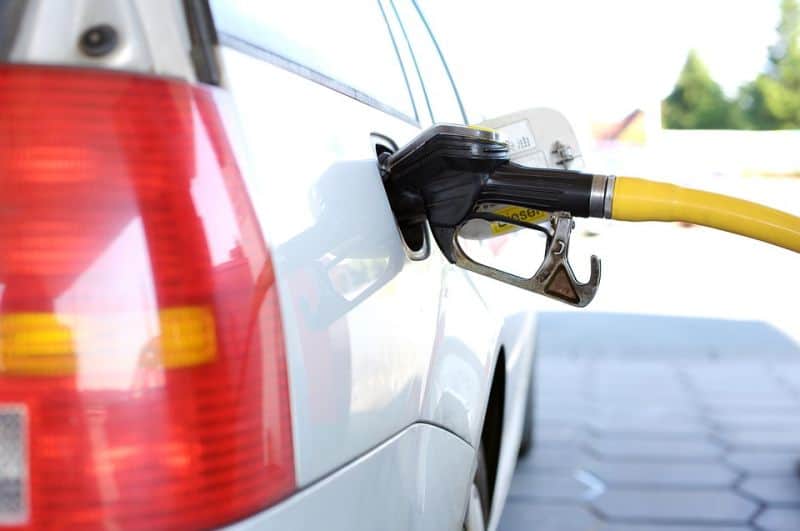New Delhi: With transport fuel prices in Delhi and Mumbai touching an all-time high, industry chambers, Ficci and Assocham, on Monday called for the government to urgently reduce fuel excise duties. It also urged the government to bring automobile fuels under the purview of Goods and Services Tax (GST).
The price of petrol per litre in Delhi on Monday under the dynamic pricing regime touched a record high of Rs 76.57, already having beaten on Sunday the previous high of Rs 76.06 in the city on September 14, 2013. In Mumbai petrol price was at Rs 84.40 per litre on Monday.
On Monday, in the other major cities like Kolkata and Chennai, the price of the fuel rose to near five-year high levels, at Rs 79.24 and Rs 79.47 per litre.
Diesel in the national capital on Monday went to its highest level of Rs 67.57 per litre.
“At a time when the Indian economy is on a recovery path, rising oil prices are again posing a high risk to India’s economic growth trajectory,” a Ficci statement said here.
“Over the last few years, falling oil prices contributed significantly towards improving the health of the economy. With global oil prices once again spiralling upwards, the macroeconomic risks of higher inflation, higher trade deficit and pressure on balance of payments with attended consequences for the Rupee value have once again surfaced,” said Ficci President Rashesh Shah.
“There is also a risk that monetary policy may turn hawkish, which would, in turn, have a bearing on the growth of private investments,” he said.
Reacting to the spiralling fuel price Oil Minister Dharmendra Pradhan on Sunday said the government is “sensitive towards the rising fuel prices” and various alternatives are being explored. “I hope something will work out soon,” he added.
“While cut in excise duty on petrol and diesel may provide temporary relief to the consumers, the sustainable solution lies in the automobile fuel coming under the Goods and Services Tax, which can happen only after the Centre and states together reduce their dependence on the fuel considerably,” said D S Rawat, Secretary General of Assocham.
He said, rising crude prices coupled with weaker rupee with cascading impact on inflation pose “a big challenge for the Indian macro picture and ironically, there is a little that can be done in the short term.”
In the long run, India needs to rework its energy security and ensure that petrol and diesel do not remain a huge revenue resource. Rather than being a revenue source for the government, the auto fuel should drive the economic growth, Rawat added.
-IANS

